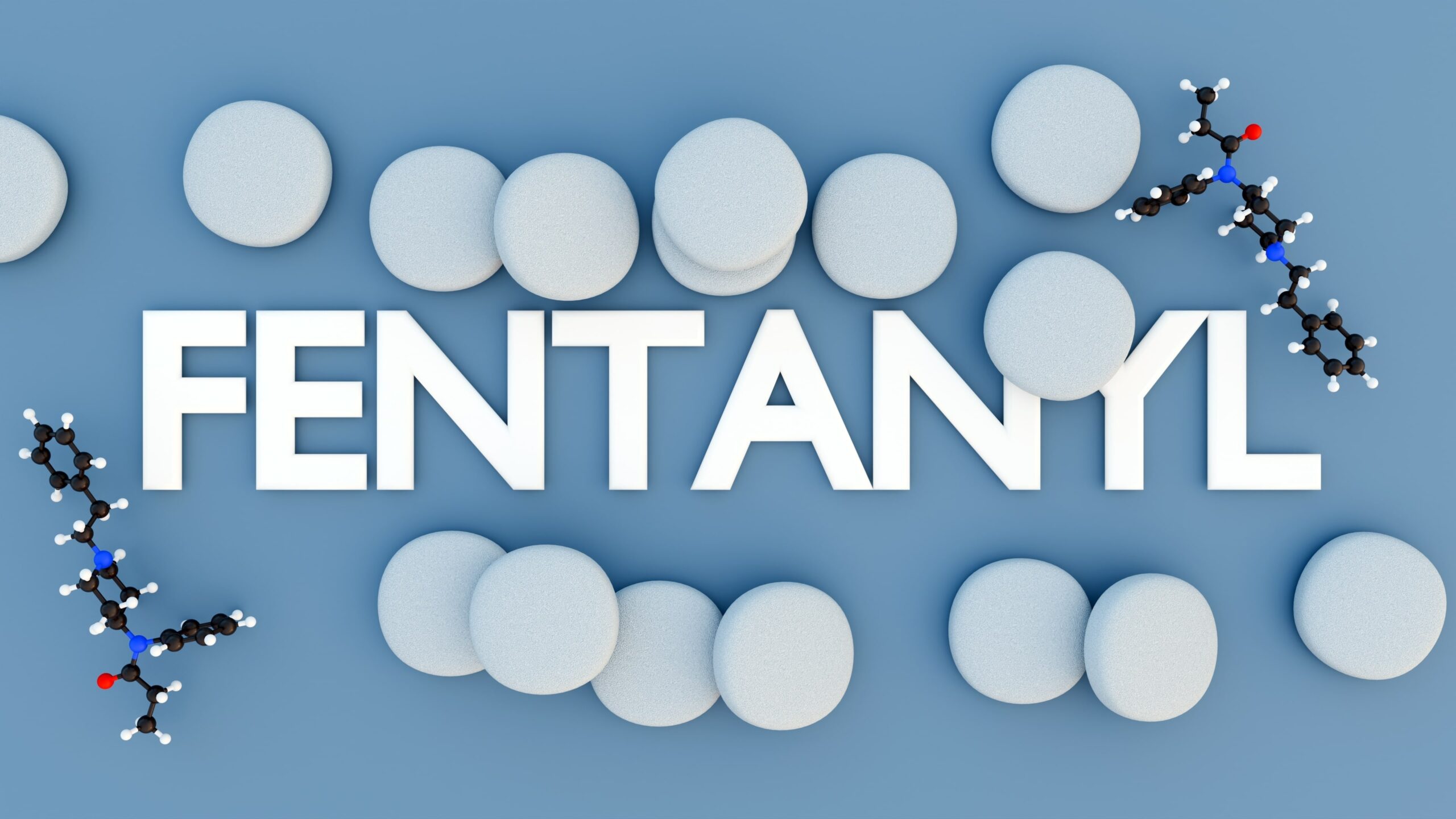An article in the Wall Street Journal highlights the fact that juveniles are especially likely to give false confessions, sometimes leading to devastating consequences. In recent decades, juvenile suspects have been tricked or coerced into confessing to a range of crimes, including rape, assault and murder.
Why are young people more likely to confess to crimes they didn’t commit? Some believe they are more deferential to authority than adults are. In one’s teen years, police may not seem that much different than parents, teachers and other adult authority figures.
Also, because of the way the brain develops during the teen years, juvenile suspects tend to be impulsive and focused on immediate gratification. They may give a false confession if it means that the interrogation will stop and they can go home.
Many law enforcement agencies want to avoid false confessions just as much as civil liberties advocates do. But in order to do so, police need to change their interrogation tactics with juvenile suspects. Last year, the International Association of Chiefs of Police released recommendations on how to correctly question juveniles. Here are some “do’s” and “dont’s”:
- Don’t make interrogations long and drawn out
- Don’t use deception or ask leading questions
- Don’t promise leniency
- Do record the interviews so that they can be audited later
A database called the National Registry of Exonerations confirms that suspects under 18 are far more likely than adults to confess to crimes they didn’t commit. Over the last 25 years, 38 percent of exonerations of wrongfully convicted juveniles have been related to false confessions. For adults, false confessions make up just 11 percent.
Young people accused of or charged with a crime have a lot to lose and need all the help they can get. That’s why an experienced criminal defense attorney should be at their side from the very beginning.
Source: Wall Street Journal, “False Confessions Dog Teens,” Zusha Elinson, Sept. 8, 2013


